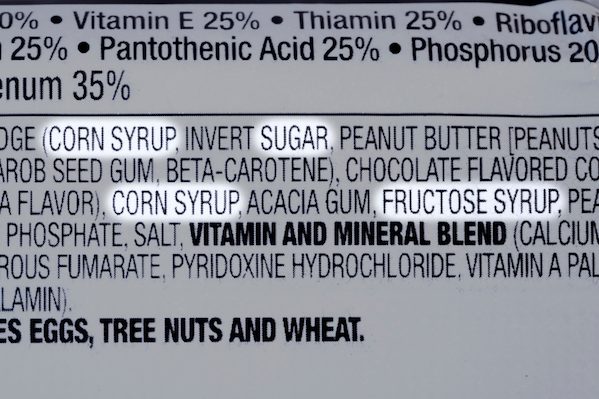
Highlights of the Mediterranean Diet
Saturated fats are still as unhealthy as ever, but certain unsaturated fats can be quite the opposite
If you’re in the market for a consistent eating pattern, the Mediterranean Diet is always a good idea. For one, it’s relatively cheap and easy. For two, it can be very, very tasty. And three, it’s not going anywhere anytime soon.
In today’s nutritional climate where diet fads come and go, the Mediterranean Diet is consistently reinventing itself and standing the test of time. At the same time, the core of the diet never really changes that much (olive oils, different types of fresh breads and spreads, exotic mixtures of grains and veggies, etc).
If my words don’t convince you, recent research into the subject keeps churning out the positive results:
- What Can You Eat On the Mediterranean Diet?
- The Mediterranean Diet Might Improve Acid Reflux Better Than Drugs
- Mediterranean, DASH Top Best Diets List
- A Mediterranean Diet May Improve Chances Of IVF Success
And that’s just the tip of the iceberg.
Evidence (and Experience) Based Research:
The scientific community has done numerous studies on the benefits of consuming a Mediterranean Diet. Last year, an article published in the Annals of Internal Medicine concluded: “a Mediterranean diet rich in ‘healthy fats’ (such as those found in olive oil, eggs, nuts and fatty fish) might lower your risk of heart disease, breast cancer, and type 2 diabetes.”
Lead author of the study, Dr. Hanna Bloomfield, said: “I was not surprised because the literature on which this study was based has been out there for a while.”
Now, I’d have to say I agree with Dr. Bloomfield’s assessment. From a personal standpoint, I’ve always been a huge proponent of the Mediterranean Diet, but interestingly enough, I’ve never based it on scientific research. It’s almost like intuition. I say this because I can typically sense the way I feel after eating light, healthy, Mediterranean style foods.
For some reason, I almost never over-eat Mediterranean style foods. If for some reason I do over-eat, I never feel too full (or lazy) when I’m done. And there’s really no guilt involved in the process of eating (even after dessert). This is probably something you may have to try for yourself.
Unsaturated Healthy Fats:
Contrary to popular belief, certain types of fats are no longer the enemy. Saturated fats are still as unhealthy as ever, but unsaturated healthy fats are quite the opposite. For most of the 90’s, low-fat diets were all the craze, but this way of life wasn’t necessarily productive. Fast-forward to today and obesity is at an all-time high, along with high blood pressure, high cholesterol and diabetes.
Foods made up of unsaturated healthy fats include:
- Red meats (lean)
- Fatty fish (wild-caught salmon)
- Whole milk products
- High fat fruits (avocados, olives)
- Nuts & seeds (almonds, sunflower seeds)
- Extra-virgin olive oil
Foods made up of unhealthy saturated fats include:
- Secondary meats (sausage, bacon, ribs)
- Fried potatoes (french fries, potato chips)
- Most desserts
- Regular cheese
- Pasta
Because of the stigma associated with fats (in general), many people may still be afraid of a diet that doesn’t restrict fat intake. But understanding the difference between healthy and unhealthy fats is a good place to start when trying something new.
Best of the Mediterranean Diet:
In my opinion, some of the best Mediterranean Diet foods include:
- Avocados – nothing beats a good AvoSmash these days (smashed avocado on toast).
- Greek yogurt – an unbeatable breakfast when mixed with fruit, granola and/or raw honey.
- Coconut oil – can be used to replace butter or other oils in several dishes.
- Grass-fed lamb – the staple red meat of the Mediterranean Diet… every culture does lamb different, and it’s ALL good.
- Hummus – I recently discovered Dizengoff and you should too if you live in New York or Philly.
- Lentils – the Lebanese dish called Mujadara fly’s a bit under the radar, but is something everybody should try at least once.
Live in Your OcularPrime:
To sum things up, I don’t even consider the Mediterranean Diet an actual DIET. It’s more like a way of life that doesn’t deprive a person of anything because the good outweighs the bad. Nobody really likes to follow rules, especially when they’re too strict.
When examining some of the other diet trends of today, most are seemingly too hard to follow and others just don’t make sense. When this happens to be the case, it’s difficult to build the right kind of momentum, which sets a person up for failure even if the intentions are good.







